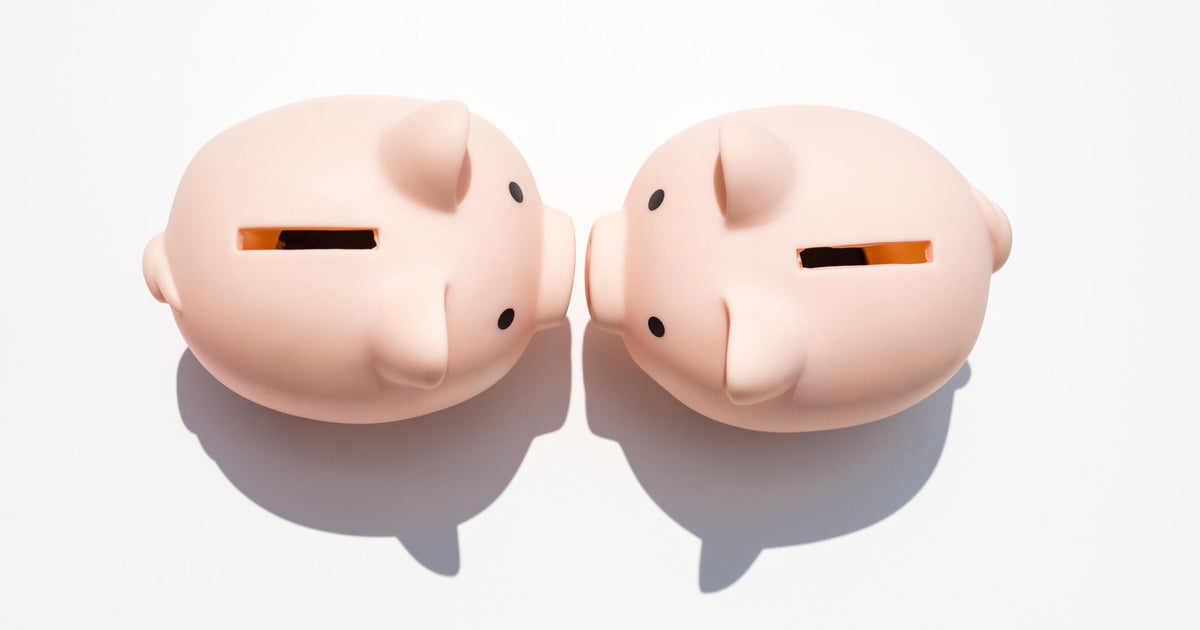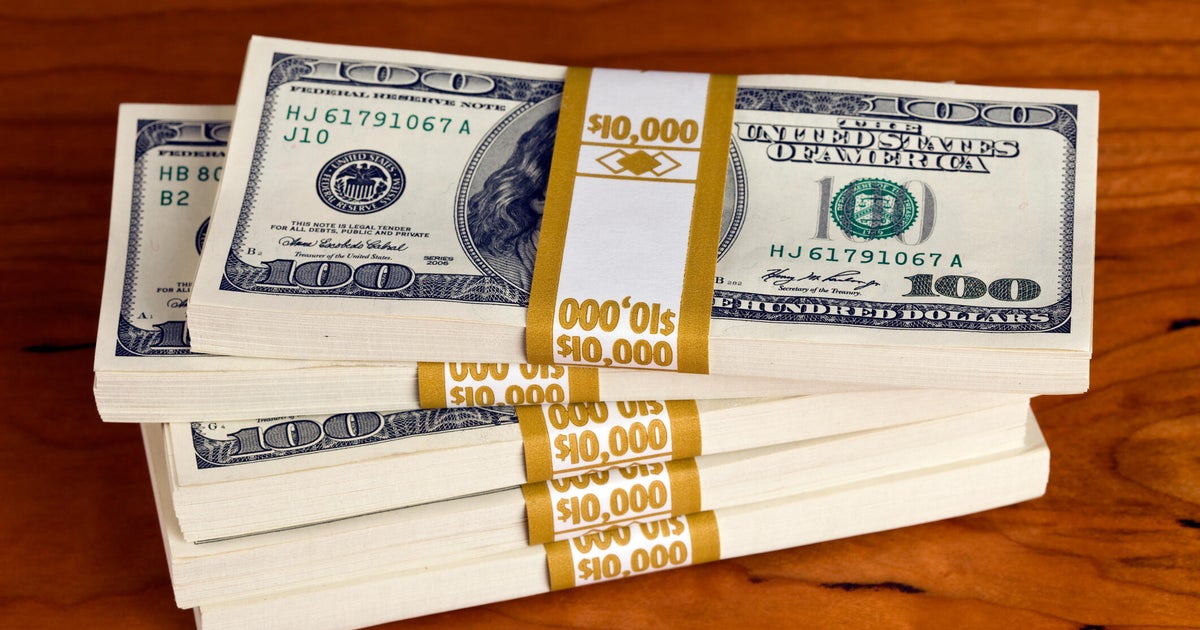Short-term vs. long-term CDs: Which is better in today's economy?
In an economy still coping with inflation and high interest rates, it can be difficult to find a good deal. Rates are higher on everything from personal loans to credit cards to mortgages. One place where higher interest rates are beneficial, however, is deposit vehicles like high-yield savings and certificate of deposit (CD) accounts. Both accounts can protect and grow your money, often with an APY that's exponentially higher than those offered by regular savings accounts.
To get the greatest return on their deposit, savers should carefully consider their options. For CDs, this means choosing the right term to open your account with. If you choose the wrong one - and need the money before it expires - you could pay a hefty penalty to access it. But if you choose the right term, you could earn significant amounts of interest, even if the larger rate environment changes during the life of your CD.
There are benefits to both short- and long-term CDs in today's economy that savers should understand in order to maximize their returns. Start by exploring your CD options here now to see how much more you could be earning.
Short-term vs. long-term CDs in today's economy
Here's what you need to know when comparing these CD types in today's economy.
Short-term CDs
A short-term CD is exactly what it sounds like: You deposit your money into the account for a brief period (usually less than a year). Common short-term CDs last for three, six or 12 months. After that period ends, the CD will expire or be renewed for a similar time frame at the prevailing interest rate.
Currently, interest rates on short-term CDs tend to be higher than those on long-term CDs. Historically, it's generally been the opposite - long-term CDs are usually higher than short-term ones. But with the volatility in the rate environment as of late, savers can generally get better terms for shorter-term CDs, particularly if they use an online bank.
When a short-term CD is better in today's economy
This CD type could be better for you now if the interest rate is your top priority. It could also benefit you if you know you'll need the money sometime later in the year but can afford to part with the funds for a few months.
It also may be worth it for you if you think interest rates are likely to increase during your CD term. You could take advantage of this by opening a CD that expires quickly, allowing you to renew it at that higher rate after a few months.
Explore your CD options here now and start earning more money.
Long-term CDs
Long-term CDs operate the same way their short-term counterparts do but over a multiple-year time frame. Common long-term CDs last for three to five years versus the months short-term CDs do.
Interest rates on long-term CDs are also relatively high (think 4%) but currently aren't typically as high as CDs that expire sooner. That said, they offer more predictable returns than short-term CDs since they're less tied to the day-to-day rate climate.
When a long-term CD is better in today's economy
A long-term CD is arguably the better option to pursue now, particularly after the Fed paused its interest rate hikes earlier this month. While the Fed may continue to raise them later this summer, it's also possible they may have peaked or will remain close to where they currently are. So waiting for them to go higher may not be a great idea.
Yes, interest rates on long-term CDs are a bit lower than short-term ones right now. But they may be worth it over the long haul, particularly if rates on shorter-term CDs drop. Get locked in with a long-term CD here now and enjoy the benefits of that high rate for years to come.
The bottom line
In today's rate environment, savers need to take their opportunities where they can get them. High-yield savings accounts and CDs are both worthy options. CDs, however, come in different terms, and the benefits of these terms vary based on the saver in question.
Those who want to secure as much interest as possible will likely want to pursue a short-term CD, while those with a broader, long-term perspective may want to lock in a long-term CD and earn more interest over multiple years, regardless of any negative future rate activity.




